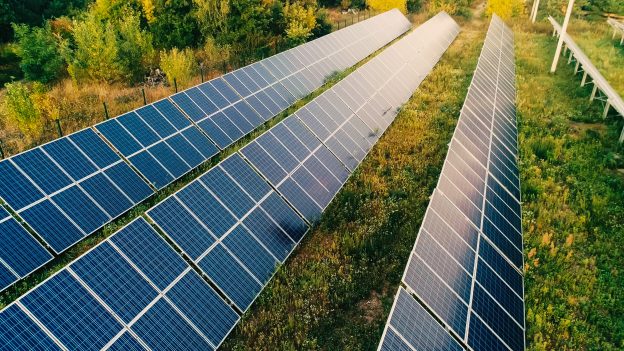
Polysilicon
Polysilicon prices continued to rise marginally this week, with overall mono polysilicon quotations sitting at approximately RMB 248/kg. Most polysilicon businesses had successively signed for April orders this week, and some have commented on the persistently constrained supply of the market amidst unabated order popularity, while others are optimistic towards polysilicon prices throughout April and exhibiting signs of reluctance in sales. Wafer businesses are currently maintained on a high operating rate and gradually releasing new wafer capacity, which elevate demand for polysilicon, though the new capacity of polysilicon during early 2022 that has yet to attain the production target, coupling with overhaul and shipping issues, are resulting in restricted increment of overall polysilicon volume, and the outcome of an excess demand status is thus providing a sufficient support for prices.
An observation on the production, operation, and shipment of the polysilicon sector indicates that individual polysilicon businesses are currently undergoing small maintenance procedures, which create insignificant impact to the overall market, and domestic multi polysilicon production is expected to be roughly 54.6K tons for March under a MoM increase of 4.4%. A total of three businesses are scheduled for overhaul in April that would diminish the supply and carry on with the short supply status, and prices will remain on a high level.
Wafers
Wafer prices remained essentially stable this week, with M6, M10, and G12 concluded at respective mainstream prices of roughly RMB 5.5/pc, RMB 6.64/pc, and RMB 8.86/pc. Longi had upward adjusted its quotations for mono-Si G1 and M6 wafers this week at an increase of 1.8-1.9%, and the adjusted prices are now at the normal market level. With the end market holding onto the thriving status recently, downstream cell businesses are maintaining their high utilization, while wafer shipment is also met with no impedances. As large-sized products constantly advance forward, the capacity for mono-Si G1 wafers is steadily shrinking, followed by a drop in provision, and the market may exhibit a temporal inflation due to insufficient resources. Wafer prices are currently stabilized on the whole to avoid subsidence in demand under excessive degree of inflation. Wafer production is expected to be approximately 24-25GW in March under a MoM growth of 6%, and had arrived at the upper limit of polysilicon provision.
Cells
Cell prices continued to stabilize this week, with mono-Si M6, M10, and G12 cells concluding at respective mainstream prices of approximately RMB 1.1/W, RMB 1.14/W, and RMB 1.15/W. The recent logistic restrictions caused by the pandemic has resulted in postponement in wafer delivery and constrained supply. A number of cell businesses had started to negotiate for April orders this week. The downstream sector is slowing down on procurement after the successive increment of cell quotations previously, where overall cell quotations are now stabilizing, and transaction volume is fewer on partial high price orders due to lower acceptance.
Modules
Module prices remained largely sturdy this week, with mono-Si 166mm, 182mm, and 210mm modules concluding at respective mainstream prices of about RMB 1.87/W, RMB 1.89/W, and RMB 1.9/W. An increase of order volume was seen in the market this week after gradual acceptance on risen module quotations, and some module makers have commented recently on the high order visibility from the current market that is experiencing incessant demand popularity, while demand for distributed projects is also shifting to the positive end. In terms of overseas markets, European market has seen an increment in demand due to surging prices for traditional energy, and module prices are expected to remain stable within the short term.
Pertaining to auxiliary materials, glass prices continued to be stable this week, where 3.2mm and 2.0mm glasses were respectively concluded at about RMB 27/㎡ and RMB 21/㎡ in mainstream prices. Glass businesses are now somewhat alleviated in cost pressure owing to soda ash prices, and glass prices will remain robust within the short term.
(Image:pixabay)







